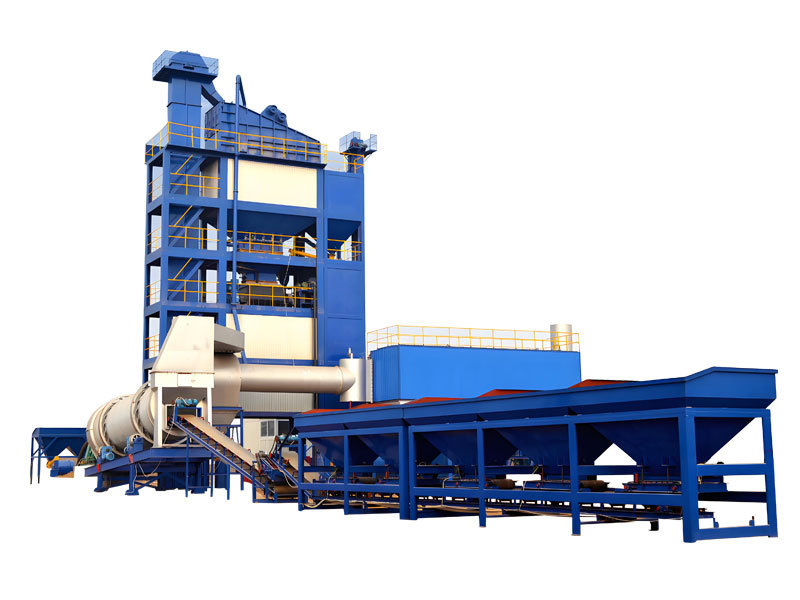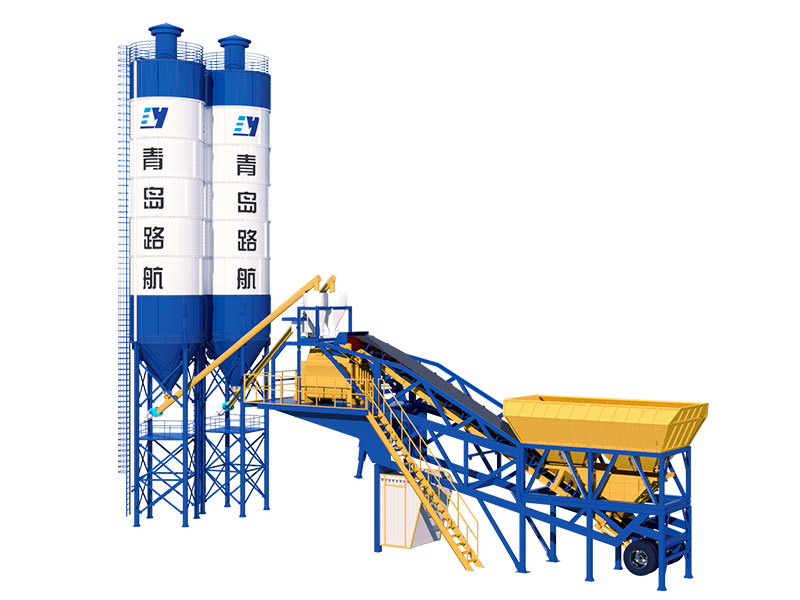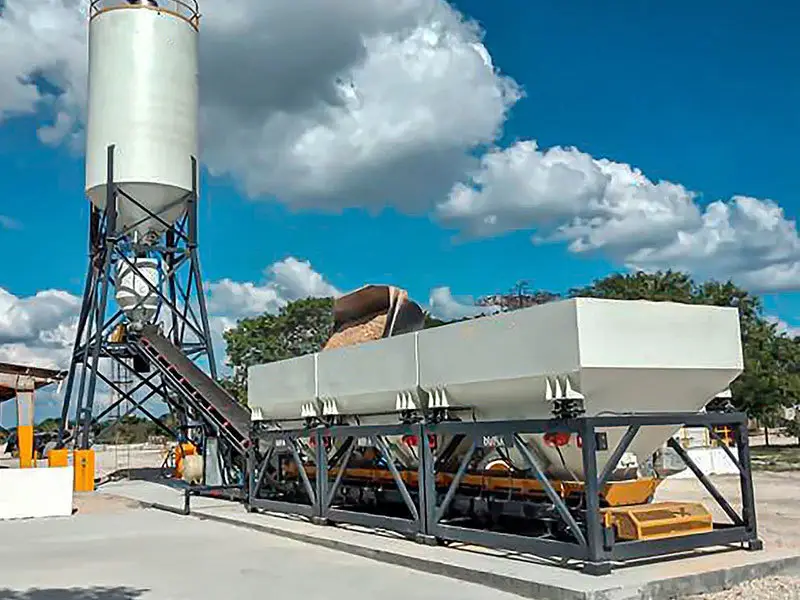Understanding Concrete Slurry Pumps: Essential Knowledge for Professionals
Release time:
Jun 03,2025
Concrete slurry pumps are specialized devices designed to transport liquid concrete mixtures, also known as slurry, from one location to another. These pumps are crucial in construction, civil engineering, and mining industries, where efficient material handling is paramount. Unlike standard pumps, concrete slurry pumps are engineered to handle the unique properties of concrete mixtures, which can

Concrete slurry pumps are specialized devices designed to transport liquid concrete mixtures, also known as slurry, from one location to another. These pumps are crucial in construction, civil engineering, and mining industries, where efficient material handling is paramount. Unlike standard pumps, concrete slurry pumps are engineered to handle the unique properties of concrete mixtures, which can be viscous and abrasive.
The primary function of a concrete slurry pump is to move slurry through pipelines, ensuring a steady flow to the point of application, whether it be for pouring foundations, filling voids, or other construction-related tasks. The pump's design typically includes a robust casing and specialized impellers that can withstand the wear and tear caused by the abrasive materials contained within the concrete slurry.
One of the significant advantages of using concrete slurry pumps is their ability to handle high-density mixtures while maintaining a consistent flow rate. This capability is particularly important in large-scale construction projects where the timely delivery of materials is essential for maintaining project schedules. By utilizing concrete slurry pumps, contractors can minimize downtime and enhance productivity on job sites.
Moreover, modern concrete slurry pumps often feature advanced technologies that allow for better control over the pumping process. Automation features, such as digital flow rate monitoring and pressure controls, can significantly improve the efficiency of concrete placement. These innovations not only streamline operations but also contribute to the overall quality of the finished product by ensuring an even distribution of materials.
When selecting a concrete slurry pump, it is crucial to consider factors such as the specific application, the viscosity of the concrete mixture, and the distance the slurry needs to be transported. Understanding these parameters will help professionals choose the right pump for their needs, ensuring optimal performance and longevity of the equipment.
In conclusion, concrete slurry pumps are indispensable tools in the construction and industrial sectors. Their unique design and functionality cater specifically to the demands of handling concrete mixtures, making them a reliable choice for professionals looking to enhance their operations. By investing time in understanding the capabilities and applications of concrete slurry pumps, industry professionals can make informed decisions that lead to greater efficiency and success in their projects.
The primary function of a concrete slurry pump is to move slurry through pipelines, ensuring a steady flow to the point of application, whether it be for pouring foundations, filling voids, or other construction-related tasks. The pump's design typically includes a robust casing and specialized impellers that can withstand the wear and tear caused by the abrasive materials contained within the concrete slurry.
One of the significant advantages of using concrete slurry pumps is their ability to handle high-density mixtures while maintaining a consistent flow rate. This capability is particularly important in large-scale construction projects where the timely delivery of materials is essential for maintaining project schedules. By utilizing concrete slurry pumps, contractors can minimize downtime and enhance productivity on job sites.
Moreover, modern concrete slurry pumps often feature advanced technologies that allow for better control over the pumping process. Automation features, such as digital flow rate monitoring and pressure controls, can significantly improve the efficiency of concrete placement. These innovations not only streamline operations but also contribute to the overall quality of the finished product by ensuring an even distribution of materials.
When selecting a concrete slurry pump, it is crucial to consider factors such as the specific application, the viscosity of the concrete mixture, and the distance the slurry needs to be transported. Understanding these parameters will help professionals choose the right pump for their needs, ensuring optimal performance and longevity of the equipment.
In conclusion, concrete slurry pumps are indispensable tools in the construction and industrial sectors. Their unique design and functionality cater specifically to the demands of handling concrete mixtures, making them a reliable choice for professionals looking to enhance their operations. By investing time in understanding the capabilities and applications of concrete slurry pumps, industry professionals can make informed decisions that lead to greater efficiency and success in their projects.
Key words:




